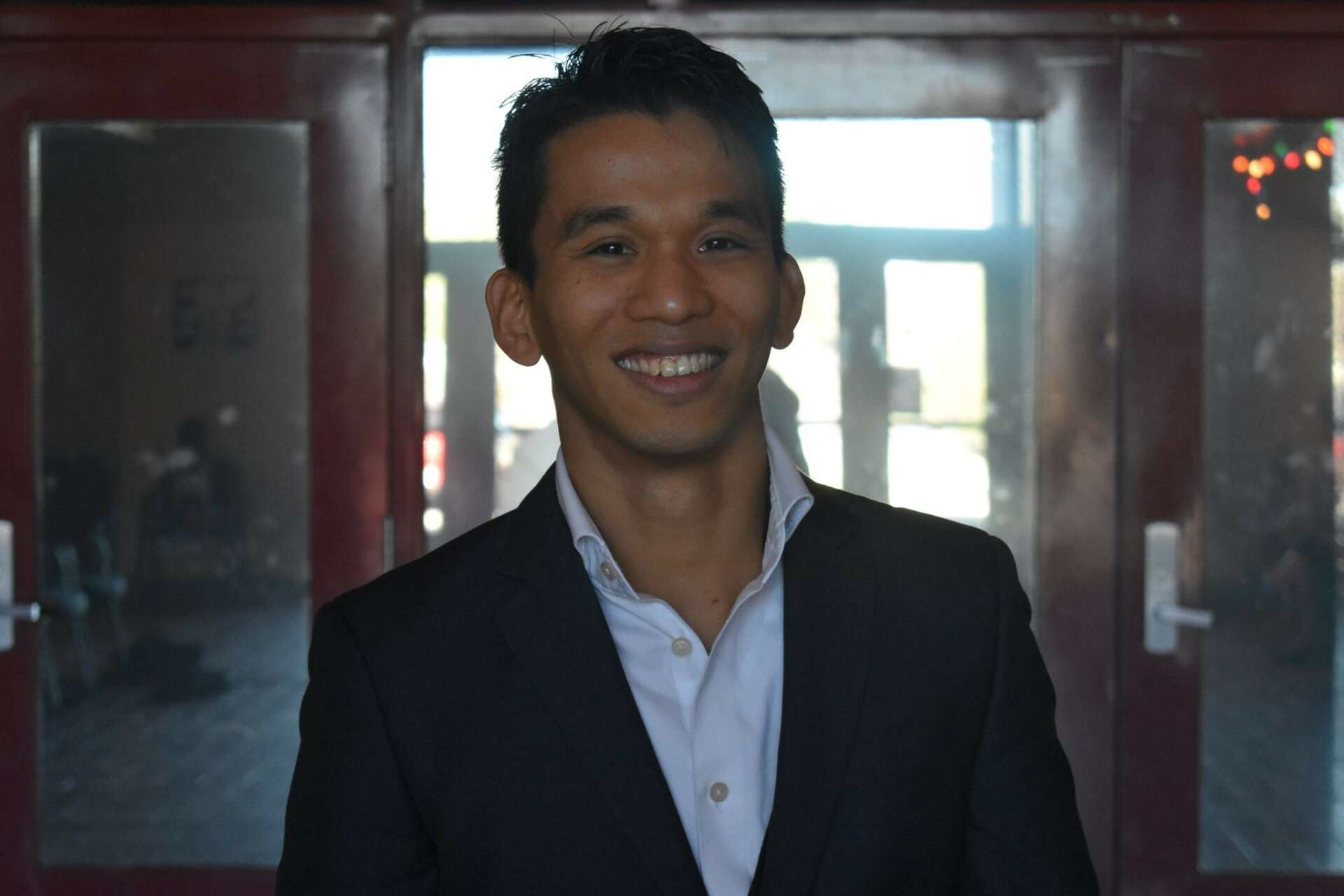We caught up with the brilliant and insightful Jansen Azarias-Suzumoto a few weeks ago and have shared our conversation below.
Jansen, looking forward to hearing all of your stories today. Your ability to build a team is often a key determinant of your success as a business owner and so we’d love to get a conversation going with successful entrepreneurs like yourself around what your recruiting process was like -especially early on. How did you build your team?
Our business didn’t have employees from day one. As a nonprofit, we began with several volunteers. In the first three years of our business, we relied solely on volunteers, serving just over 60 students. Then, in our fourth year, we hired our first three employees, including my wife, while I continued as a volunteer. We developed a robust volunteer program, with a solid list of over a hundred volunteers, ensuring at least 20 volunteers every day working with 130+ students across multiple programs.
Recruiting those initial team members was challenging. We couldn’t offer competitive salaries or benefits, but we found people who had initially volunteered and were extremely passionate about becoming our employees. There was no formal interview process.
Our training program became a highlight of why so many volunteers wanted to work for the organization. We invested a minimum of 20 hours in training for all our volunteers. Over time, this grew to what it is now, totaling 160+ hours of training as part of the onboarding process, with ongoing professional development throughout one’s time in our organization.
As we continued to grow, we adopted a process of recruiting exclusively from our volunteer base. This worked well for us for about eight years as an organization, even utilizing an AmeriCorps program to transition volunteers into AmeriCorps members and eventually full-time employees. However, as we continued to expand and began serving thousands of students across multiple schools, this practice became unsustainable.
We now have over 50 employees, and we’ve focused on employee wellness, offering competitive salaries and benefits that provide a livable income. We maintain our commitment to robust training and even offer opportunities for external professional development.
Our interview process reflects what we’ve learned over the years. First, we conduct a 15-minute virtual interview to assess the candidate’s alignment with our values and mission. Next, there’s an hour-long panel interview involving our internal team and others to further evaluate the fit. Finally, there’s a third step, often involving a walkthrough and on-the-job experience at one of our school sites to assess the candidate’s understanding of our work and their ability to work within the team and at the sites.
The main things I’ve learned are as follows:
1) The hiring process is never a guarantee. It’s always 50/50. Don’t disregard people with weaker resumes or those who don’t perform well in interviews, as some of them may excel in their actual work. Conversely, individuals who excel in interviews and have impressive resumes may not be a good fit once they start the job. So, my point is, don’t overcomplicate the hiring process.
2) Take care of those who perform well. We do everything we can to retain our staff. We don’t require them to be promoted to managerial positions to earn a good living. If they excel in their current roles, we increase their compensation without demanding promotion. If they want to be promoted, that’s great. We’re also in the process of developing robust in-house wellness programs in addition to our benefits. Since hiring is never a guarantee, once you find good hires, keep them happy!
3) Act quickly when firing employees. This might not be popular, but in my experience, we rarely regret letting someone go. Usually, we breathe a sigh of relief when we do. Why fire early? Because hiring isn’t a guarantee, and if you’ve made a bad hire, it’s a bad hire. Why hold on? We lose more money by keeping bad hires.
4) Fire those who don’t fit the culture and keep those who may have skill gaps but fit the culture. Employees who learn from their mistakes are our favorites. Unless those mistakes are ethically related, we retain them. Employees with skill gaps are either trained or reassigned to a better-fitting position if one is available. So, who do we fire? Those who don’t share the values and work ethic of those around them. My wife and I always tell our team that it’s better to have an employee who makes a ton of mistakes and needs to learn more skills than a high-performing employee who’s a jerk and lacks ethics.
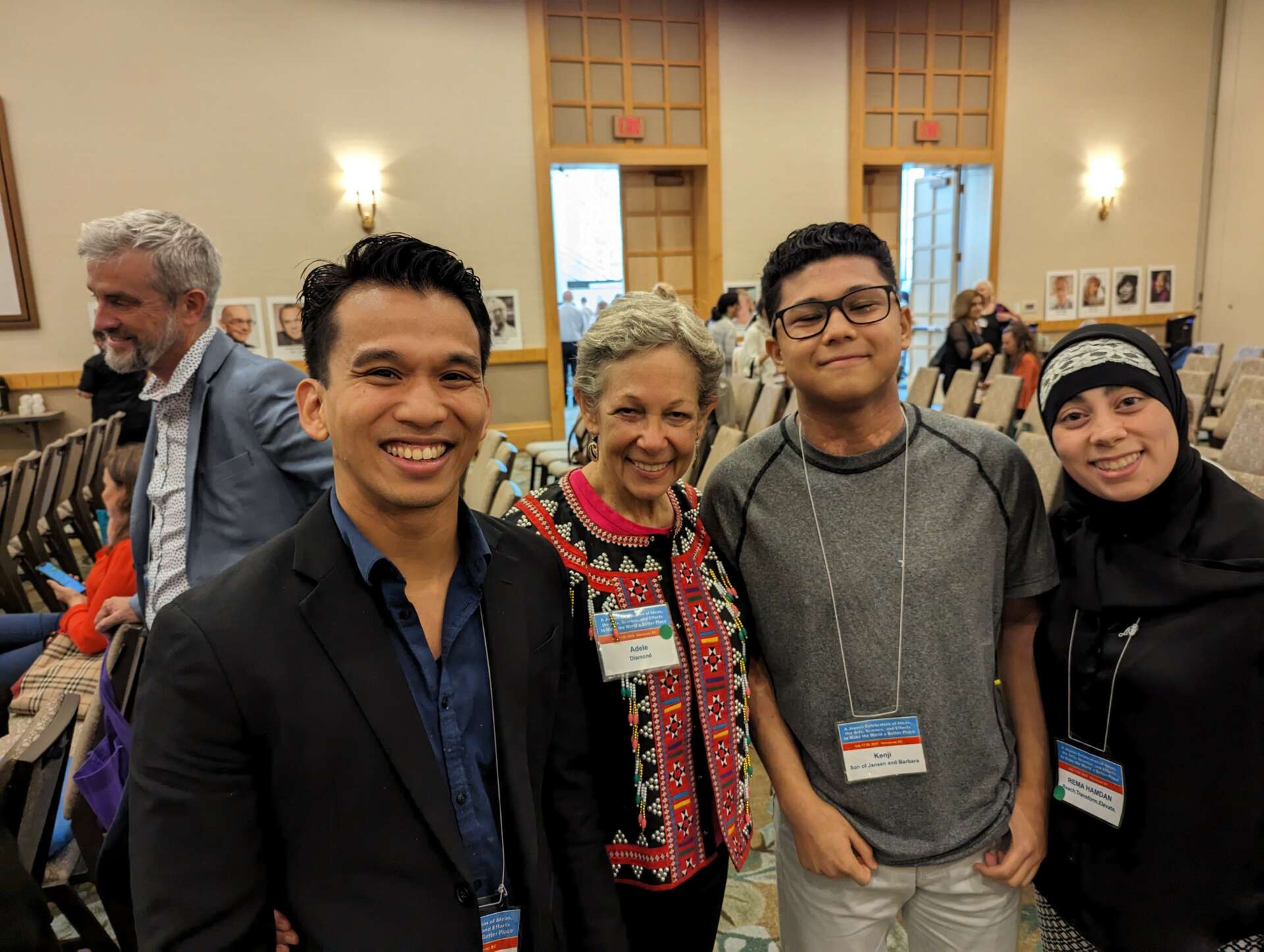
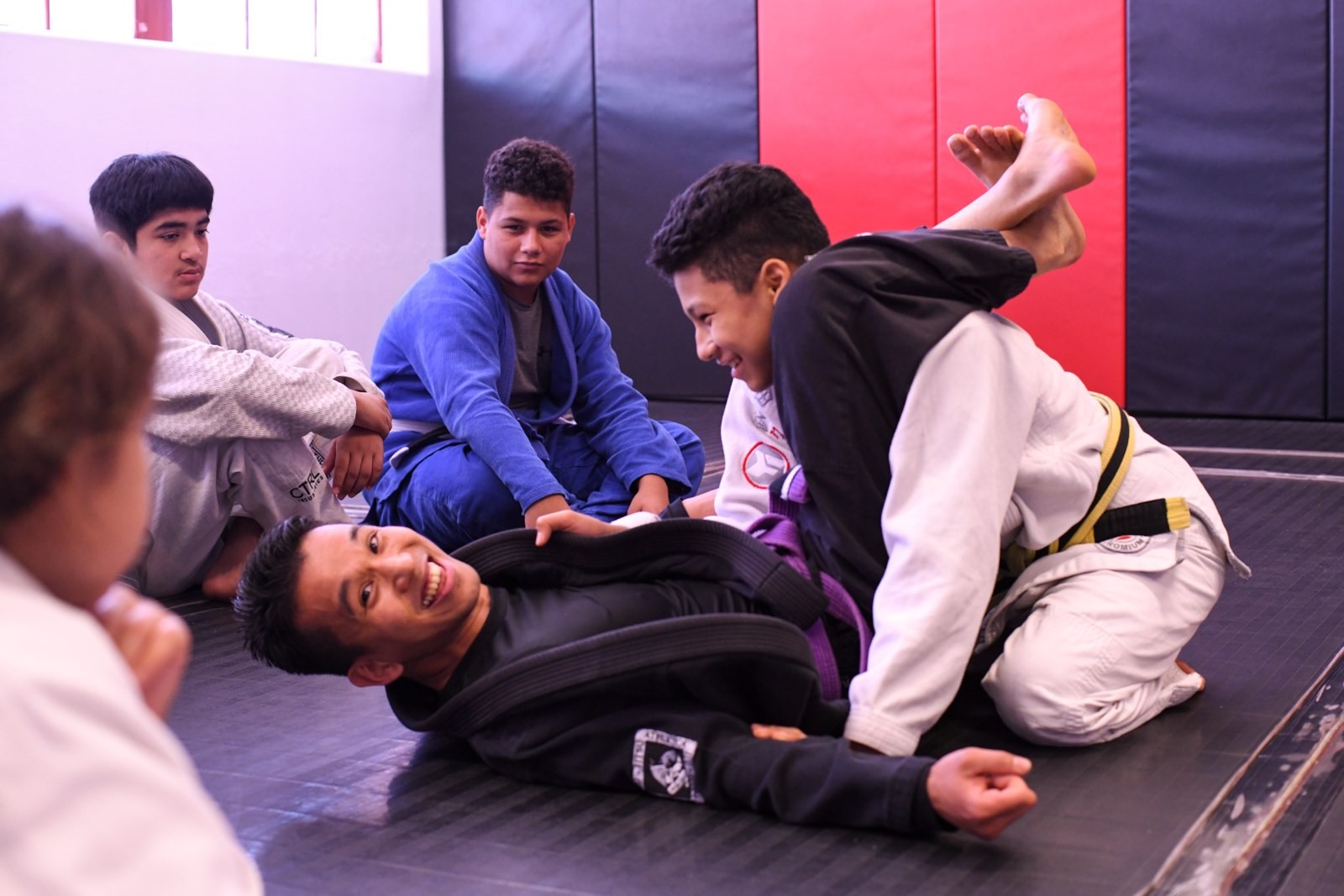
Jansen, before we move on to more of these sorts of questions, can you take some time to bring our readers up to speed on you and what you do?
Our mission is to empower one life at a time to REACH, TRANSFORM and ELEVATE their community through love and building character.
We work alongside schools to provide non-academic supports and strategies deployed through many services including deploying a community school model, after school programming, strategic planning, and currently beta-testing an app to support youth and family development.
For us, Higher Ground is more than just a place, but rather, it’s a culture-infusing catalyst that aims to create system-wide change, building up our high-need communities – one child and family at a time – and creating collaborative networks of support that ultimately uplift our entire city.
Our vision is to inspire youth and families to be part of lasting community contribution. We want to create the momentum for lasting sustainable change in the way we develop our children and youth to redefine success as community contribution, where schools and youth organizations become places where an individual transformation leads to stronger collective impact in their own communities
We believe that the issues in our community and schools is NOT an achievement gap. There is no achievement gap, rather, there is an opportunity gap. This opportunity gap creates the pervasive mindset among our youth and families that leads to some of the behaviors that they manifest. We recognize that those behaviors are rooted in the lack of access to opportunities and support in their lives.
We feel that the best way to empower people and realize their opportunities is to focus on our relationships with the people we serve, recognizing the unlimited potential every individual possesses for a meaningful, responsible future, working to convince each person to believe this is possible, and supporting them in becoming the heroes of their own stories. By investing in the mental, emotional, social, spiritual, and physical health of each individual, we invest in the health and well-being of our entire community.
Our focus is to be an inch wide and a mile deep with every community we serve.
Our ability to transform so many lives is thanks to several core beliefs that we strive to not only uphold ourselves, but also to instill in the people we serve:
Giving Love – Every individual is worthy of love and deserves a nurturing environment that allows him or her to grow, regardless of background, behavior, or actions.
Building Character – Every individual needs to understand the value of self-discipline, in knowing how to act and control their emotions, and in being guided by a good character and the will to become a contributor in the community.
Nurturing Passion – Every individual needs an environment that exposes them to many possibilities; an environment that nurtures their passionate nature and allows them to learn the skills needed to overcome any challenges they might face.
Encouraging Vision – Every individual needs a community where they can become positive contributors and have a happy, healthy, positive life no matter their circumstances.
Thanks to that mindset and those core beliefs, as well as to our willingness to meet families and youth where they are, in their community, we have been able to eliminate obstacles for them to access our services and help them see that they can reach their goals right there in their own neighborhoods.
Our success is not about numbers. It’s about creating the momentum for lasting, sustainable change; it’s about individual transformation that leads to community contribution; and it’s about building a stronger collective impact in our community.
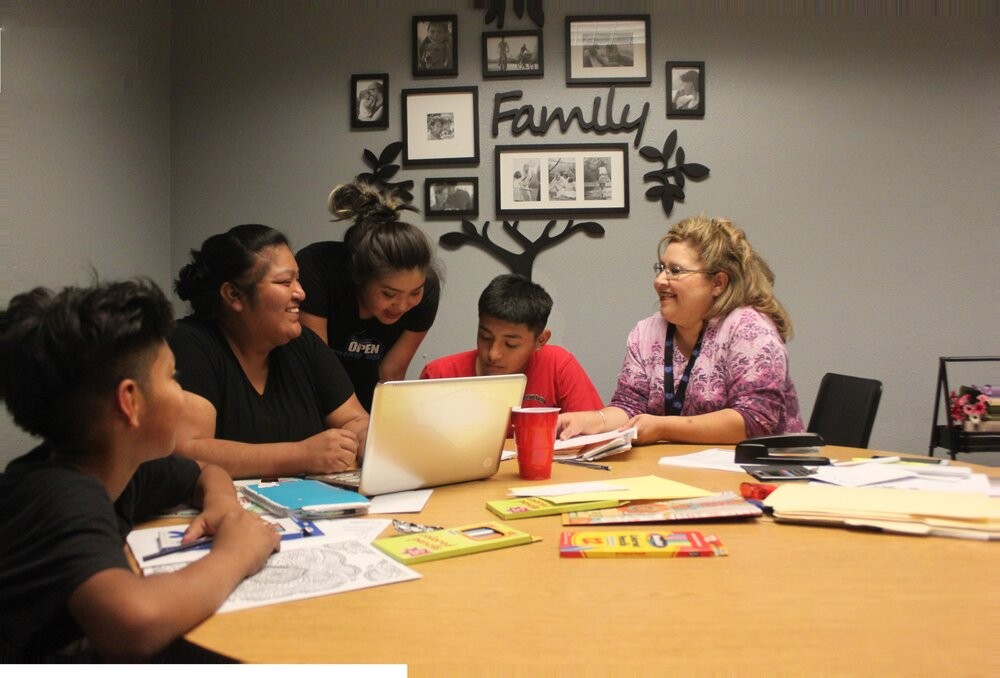
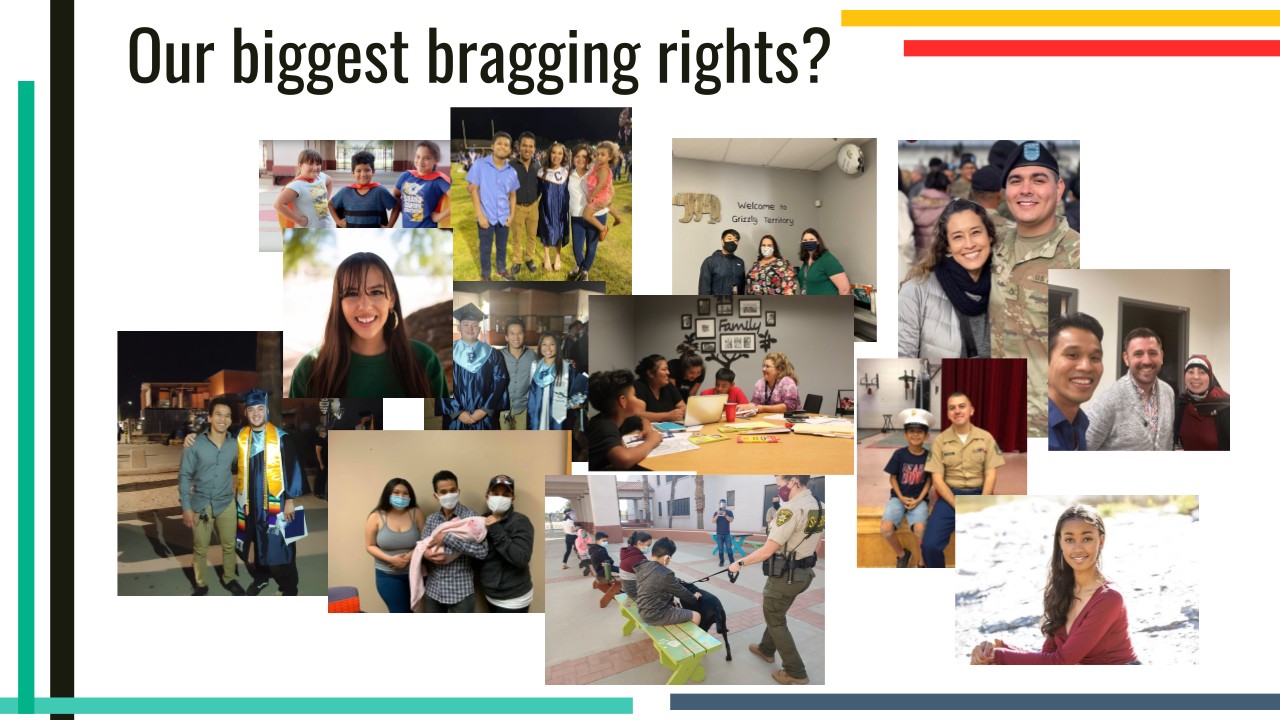
We’d love to hear about how you met your business partner.
My co-founder is also my wife and my best friend.
Having a co-founder is the most critical aspect of our business and the secret to our longevity and constant evolution. My wife and I have what’s called “creative conflict” that we infuse into the organization. We come from different backgrounds and often have different opinions, strengths, weaknesses, and inclinations. It makes for a well-rounded organization that embraces conflict and differences from its core.
How did I meet her?
At my first job in the United States. She was on my team, and we ended up in the same supervisory program together. And the rest is a 2-year story that led to our now 16-year marriage.
We’d love to hear a story of resilience from your journey.
I think my entire life is a journey of resilience. So here is a brief story of my life.
I was born in the Philippines back in 1987 and lived there for 18 years of my life. I lived in destitute poverty, living in a squatters area for the early years of my life, in a makeshift shanty house. Our neighbors were a mix of the homeless, the hardworking class who could not afford anything better, drug dealers, prostitutes, and the unemployed.
Then around 5 years old, my affluent father came for me and my mom, which allowed us to live in a gated community in a 2 story house with marble floors and a yard landscaped like it was a jungle resort. Our neighborhood is comprised of movie stars, politicians, retired professionals, and business owners.
Then for the next decade, my mother and I were prisoners in our house and gated community. My father, a Japanese man, born in the Philippines during World War II, was forced to fend for himself all his life and lived in a complex social structure. As a result, he raised me in the best way he thought.
My mom and I were never hungry, and my father taught me to play ball, martial arts, and other things. However, at the same time, my father was abusive, verbally belittled us constantly, and filtered all our interactions with the outside world. In addition to the physical, verbal, emotional, and other types of abuse, my father made sure that we were dependent on him.
I didn’t know that my life was not normal until I was in high school, when I got severely punished for inviting a friend inside our house. I didn’t realize the magnitude of our insane life until I had to go back to the Philippines in 2019 and helped my mother escape the house in the middle of the night, took several cabs, and had to go to multiple safe houses before I flew her back to her island hometown.
So at 16, my father gave me the best birthday gift – acknowledging me as his son which made me a US citizen. At the age of 18, I dropped out of my 3rd year in Computer Science at the University of the Philippines. I then hopped on a plane, alone, for the first time in my life, for a 30 hour flight to Tucson, Arizona, USA. I was running away and also pursuing my dream of becoming a rich bachelor writer!
Of course, running away 10,000 miles does not resolve anything. I suffered from nightmares, guilt, and other emotions that led me to excessive drinking just to sleep. However, one day, I met my wife and son (stepson), and my life changed. By age 20, I encountered God, found my calling in life, realizing that everything I experienced in my life and the continued growth I still need, is the fuel that will allow me to be a better human being. I got married to my wife and became a father to my two sons (Timothy and Kenji) and am still learning along the way what it means to be a partner to my wife and a father to my children. At that same time, we started Higher Ground, and the rest, you can find in our history.
So what else do you need to know? I was diagnosed with Autism Spectrum Disorder (the original diagnosis was Aspergers) when I was young, and I do believe it’s my superpower! My faith defines a lot of who I am now, and I love to challenge my mind and body. I am a man of pattern and habits (I drink the same smoothie every breakfast and before sleep, wake up doing the exact same things for the first 3 hours of my day). I enjoy challenging my body, mind, and spirit. I love being a constant learner and learning areas that are not in my realms of expertise. I play guitar and bass guitar, love chess, and video games. I compete in Judo and BJJ, still working hard to be a black belt in both, and know multiple martial arts. And oh, I am the Batman.
Contact Info:
- Website: www.higherground.me
- Instagram: https://www.instagram.com/highergroundaz/
- Facebook: https://www.facebook.com/highergroundresourcecenter
- Linkedin: https://www.linkedin.com/in/jansen-azarias-suzumoto-466a6113/
- Twitter: https://twitter.com/higherground_07


